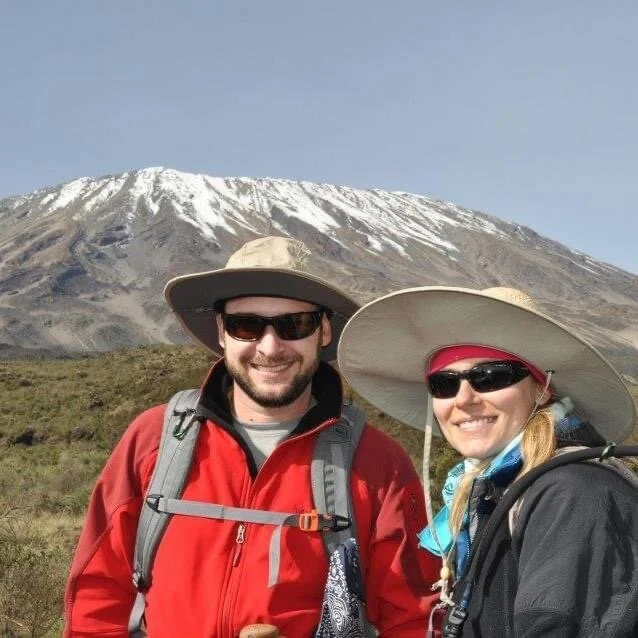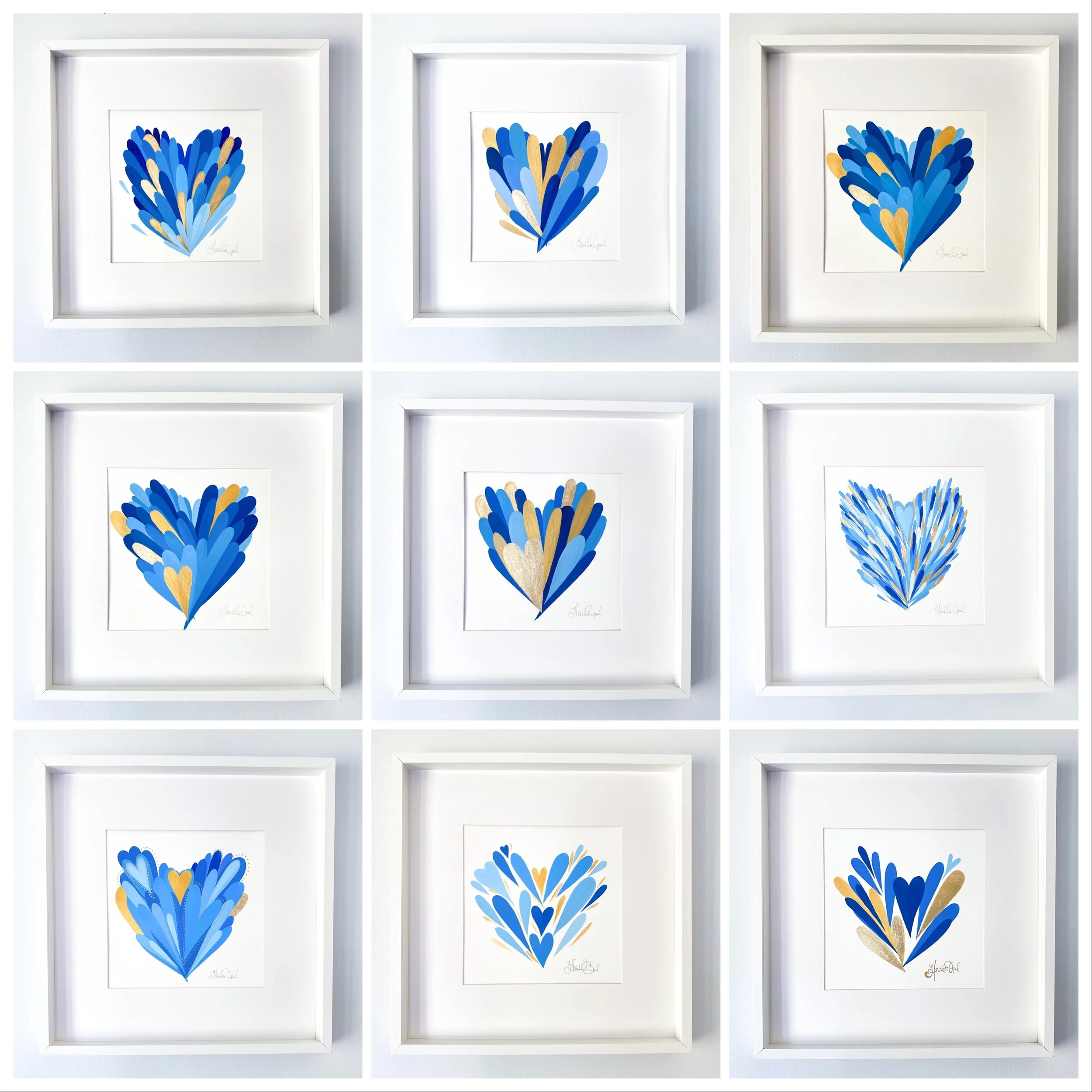“Fine” is a socially acceptable way to tell someone you are NOT OK without oversharing. If a friend or loved one, or even an acquaintance tells me they are fine, I’m going to listen closer… there is more to the story… Fine is not okay.
I’m Fine, We’re Fine… Everything is FINE!
This slogan is on mugs, t-shirts and is usually followed with wine. Maybe the gal wearing the t-shirt is drinking wine… looking pretty normal with hair quoiffed and makeup done. She seems ok but she’s struggling to deal with something privately and she doesn’t want people to know about the root of her struggle. She’s searching for the solution to her problem. She needs grace and time and support … and without a doubt she needs a licensed professional therapist.
Why can’t we say what we really feel? Why does it take wine to share what’s really going on? Why can’t we talk about the thing rather than brushing it off as, Fine? Why don’t we seek professional help? Why do we feel nervous to say, “Yep, I go to therapy!”
I feel strongly about this because my life changed when I realized the danger in not saying how you feel. Fine is a 4 letter word.
It was Freezing, the middle of afternoon, we were all exhausted and thrilled to have made it to summit camp. in a few short hours we would hike the last leg of the climb to the summit of mount kilimanjaro.
I crawled into summit camp on my hands and knees. Climbing Mount Kilimanjaro is not a technical climb, or a terribly hard climb. There are no ropes or walls to scale, no special gear outside of shorts at the bottom and ski suits at the top. You simply put one foot in front of the other carrying a day bag, camera and walking sticks.
I had trained for this trip by doing Crossfit most days of the week and was in the best shape of my life at the time. Porters carried our bags, fed us and made sure we had plenty of water. By the time we reached our 10+ mile hike for the day they had already arrived, set up camp and had food ready. We drank coffee in the morning, ate well and were led by the best Kili guide in the biz, Macon Dunnagan.
You can only be at summit camp for 24 hours. The objective is to arrive in the afternoon, take in the scenery, eat, rest and then finish the last leg of the climb to the peak. 4 days to summit, 2 days down. The sun went down, I suited up in my ski jacket and pants over sub zero base layers and topped it off with another ski suit on top. With a Nalgene nestled inside the layers to keep my water from freezing and boots on I was ready!
Half way to Stella, the half way point, I sat down on a rock knowing I wasn’t getting back up. I was dead last. Well, actually Mike was dead last. “If you kick my heels one more time, I’m going to divorce you on this mountain!” We were newly weds and although we had traveled, adventured and renovated a house among other challenges this was the first time our vows were really tested. I just couldn’t do it. I could not physically put one foot in front of the other. I couldn’t handle the altitude, the lack of oxygen running through my veins made it hard to move and or even think straight.
In our group there were people 50 years older than us, people who had trained for 10 years for this and others who hadn’t trained at all, a couple celebrating a major milestone in their business and a family checking this off their bucket list. How was I dead last? Was it my heart? Was it my abnormally low blood pressure? Or did I just not want it as bad as everyone else?
Whether it was apathy or coming close to fainting I was relieved to see Michael, the triathlete of the group, appear and quite possibly save my life that night. The porter guiding him DOWN the mountain ran stopped and knelt down beside me. How are you doing Heather? He said in a great accent, with beautiful heart warming eyes showing genuine concern.
“I’m fine.”
I replied… no, actually… I lied.
Michael’s altitude sickness manifested as irrational behavior. He dumped his water, starting stripping off layers of clothing in the freezing cold. I longed for an oxygen tank. All red flags that get you sent back to summit camp. The conditions are serious and there is no 911 call for help. So… Michael and I turned back for summit camp allowing Mike and our 70+ year old porter to continue the climb to the peak. By morning they would arrive, see the glaciers, take the iconic photo proving they made it, have a snack and ski down the scree back to camp.
Michael and I slowly walked down the mountain, looking up at the glorious star filled African sky. One of the occasions where I felt spiritually lifted, surrounded by angels and absolutely connected to and supported by the universe. It was magical, glorious and breathtaking (literally).
When I awoke from a deep sleep made extra comfortable by double sleeping pads and double sleeping bags… I could hear people begin to making their way down the scree back to camp. Outside of my tent, the same porter with the heartwarming eyes was waiting to check in on me. “Heather what happened? You said you were fine.”
If a Southern American woman ever says she’s fine… that means she’s not OK. I’m sorry I lied to you. But I am good now, I promise!
I sat with a cup of coffee watching them come down. Some were energetic, thrilled to have made it. Others shed tears in amazement. Some were carried by porters almost unconscious. Mike made it back last, hours after everyone else. He collapsed into the tent and fell asleep. By afternoon we were headed out, all relieved. We all had life changing experiences on that mountain in that 24 hour period whether we got the picture at the top or not.
Often, I feel like the people who don’t make it, the people who don’t win the gold medal, the people who fall short are the ones who learn the most and have the most transformational experiences. Failure teaches us something achievement doesn’t.
When someone says they are fine… and you really care… I hope your ears perk up, I hope your eyes dilate in wonder, I hope you empathy seeps from your heart and you find the courage to say with your words, actions, body language or telepathically:
Fine?
You OK?
Want me to sit with you for a minute?
Is there anything I can do?
I don’t know what to say but I would really like to hear more.
What do you need?
How can I help?
If you are comfortable sharing, I’m comfortable listening.
You don’t have to share but I’ll be thinking about you.
You aren’t alone.
Hey, me too, I get it.
It is hard to know how to support our loved ones when they aren’t OK. The first step is to let being not good be OK! Then let them find their solution and show them your support. Eventually we figure it out and move on to the next curve ball life throws at us!
Newly weds hiking Mount Kilimanjaro: Day 3
Mike and Joseph at Uhuru, Africa’s highest point: Morning of day 5
Mount Kilimanjaro Zara Tours: End of day 5


















